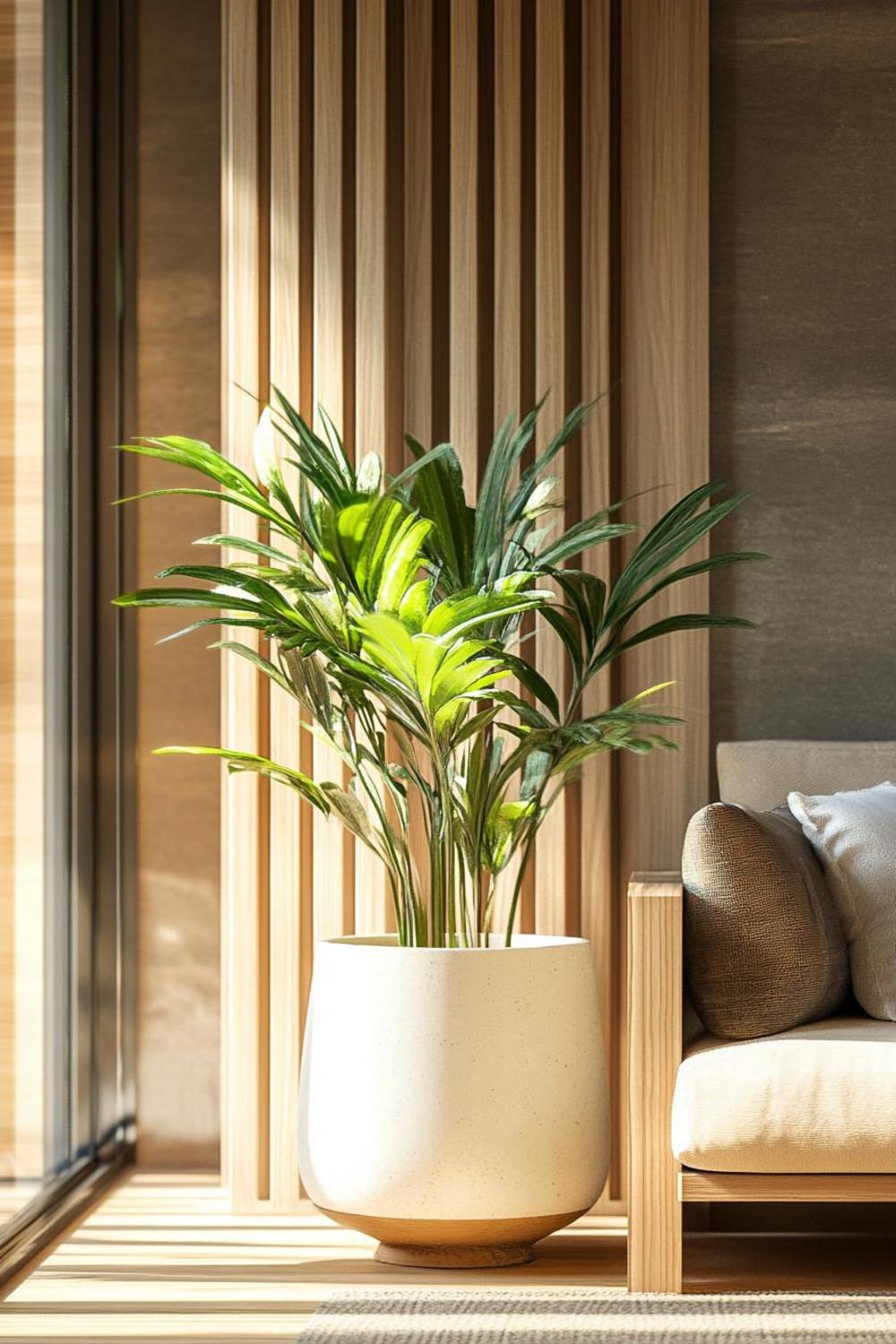Eco-Friendly Materials: Ultimate Family Home Guide 2025
Understanding Eco-Friendly Materials: A Comprehensive Guide
Welcome to the ultimate guide on eco-friendly materials for modern families! In 2025, sustainable design isn’t just a trend—it’s a lifestyle commitment that impacts our health, environment, and future generations. Did you know that the average home can reduce its carbon footprint by up to 30% through strategic material choices?

Eco-friendly materials represent a holistic approach to creating living spaces that are not just beautiful, but also responsible. These materials are characterized by their minimal environmental impact, renewable sourcing, and ability to promote healthier indoor environments.
Key Characteristics of Sustainable Materials
- Renewable sourcing: Materials harvested responsibly without depleting natural resources
- Low carbon footprint during production
- Minimal toxin emissions
- Durability and long-term performance
- Potential for recycling or biodegradation
Why Families Should Care
For modern families, choosing eco-friendly materials isn’t just an environmental statement—it’s a health-conscious decision. Traditional building materials often contain volatile organic compounds (VOCs) that can negatively impact indoor air quality and potentially cause long-term health issues.

Top Eco-Friendly Materials for Family Homes in 2025
Natural and Renewable Flooring Options
When considering sustainable flooring, several innovative materials stand out in 2025. Bamboo, cork, and reclaimed wood offer stunning aesthetics while maintaining exceptional environmental credentials.
Bamboo: The Sustainable Superstar
Bamboo represents an incredible eco-friendly material with remarkable properties:
- Grows exceptionally fast (some species up to 3 feet per day)
- Extremely durable and resistant to wear
- Naturally antimicrobial
- Available in multiple design aesthetics
Innovative Insulation and Wall Materials
Beyond traditional options, families now have access to cutting-edge sustainable wall and insulation materials. Hempcrete, made from hemp fibers and lime, provides excellent thermal regulation while being carbon-negative.
Pro Tips for Material Selection
When selecting eco-friendly materials, consider these expert recommendations:
- Prioritize local sourcing to reduce transportation emissions
- Verify third-party sustainability certifications
- Consider lifecycle and potential for future recycling
- Balance aesthetic preferences with environmental impact
Embracing eco-friendly materials represents more than a design choice—it’s a commitment to creating healthier, more sustainable living environments for our families and planet.




